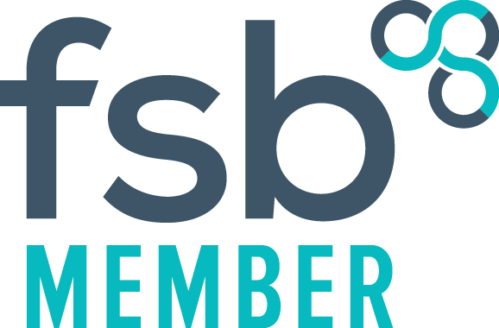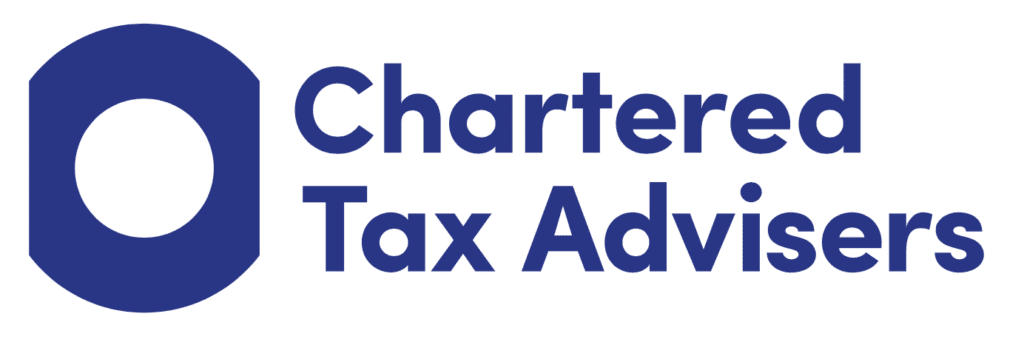Our work experience student Bailey considers: should I invest in small businesses to make the most of changes to the SEIS scheme?
The laws in the UK are changing. Making an investment into new developing businesses through the Seed Enterprise Investment Scheme (SEIS) is now more appealing than ever. As of April 6th, 2023, the rules around SEIS have become more lenient. This makes it a significantly easier commitment to invest in developing and growing enterprises.
What is the SEIS?
SEIS was introduced by the UK government to provide tax incentives for individuals who invest in early-stage businesses. Under the scheme, investors can receive significant tax relief on their investments. This is due to the risky nature of early-stage companies. Although this is what makes it an attractive proposition for those looking to support startups and gain potential returns. SEIS has proven instrumental in helping startups secure vital funding and support.
Recent changes:
To encourage the SEIS scheme to backers, the UK government has implemented some key changes. Firstly, the maximum amount that a company can raise through SEIS has increased from £150,000 to £250,000. This greater initial pool of capital will allow new developing companies to be more ambitious in their development. Scaling at a significantly faster rate and allowing quicker or more substantial payout to you as the investor.
Secondly, the size of investments eligible for SEIS relief has increased. Previously, investors were limited to £100,000 per year, but this limit has been doubled to £200,000. This change encourages you the investor to substantially increase your commitment. In turn, this allows companies more stability using a greater investment as a reliable financial base.
Additionally, the gross asset limit for a company has seen a significant increase of up to £350,000. This is a notable boost from the previous limit of £200,000. This change allows you as the investor a much lower risk. With enterprises having a much larger amount of capital to fall back on, your investment gains a greater level of protection.
In addition, the age limit of a company has been increased up to 3 years from a prior 2 years. This will make investing in early companies a much safer practice. With businesses already showing a greater deal of traction in the marketplace as well as a greater understanding of the complexity of running a company, allowing you as the investor, to make a much more well-educated investment.
What are the benefits to me as an investor?
As an investor in small businesses, there is an inherent risk. As such, the aim of the scheme is to provide a substantial taxed base incentive to you as the investor, encouraging financial backing. Income tax is one of the primary benefits of the scheme, allowing individuals to claim up income tax relief on up to 50% of the initial amount invested.
One added benefit of the scheme is the removal of CGT (Capital Gains Tax) on any share sold following a 3-year period. This in practice allows investors to benefit from tax for capital growth. Alongside this, any chargeable gains acquired will be eligible for a 50% CGT exemption if reinvested into SEIS shares.
SEIS shares are exempt from inheritance tax providing they are held for a period of up to 2 years. Alongside this, loss relief is available in the event of a failure within the business, allowing investors to offset losses through their CGT and income tax, minimising the risk for the investor and making it a safer investment opportunity.









